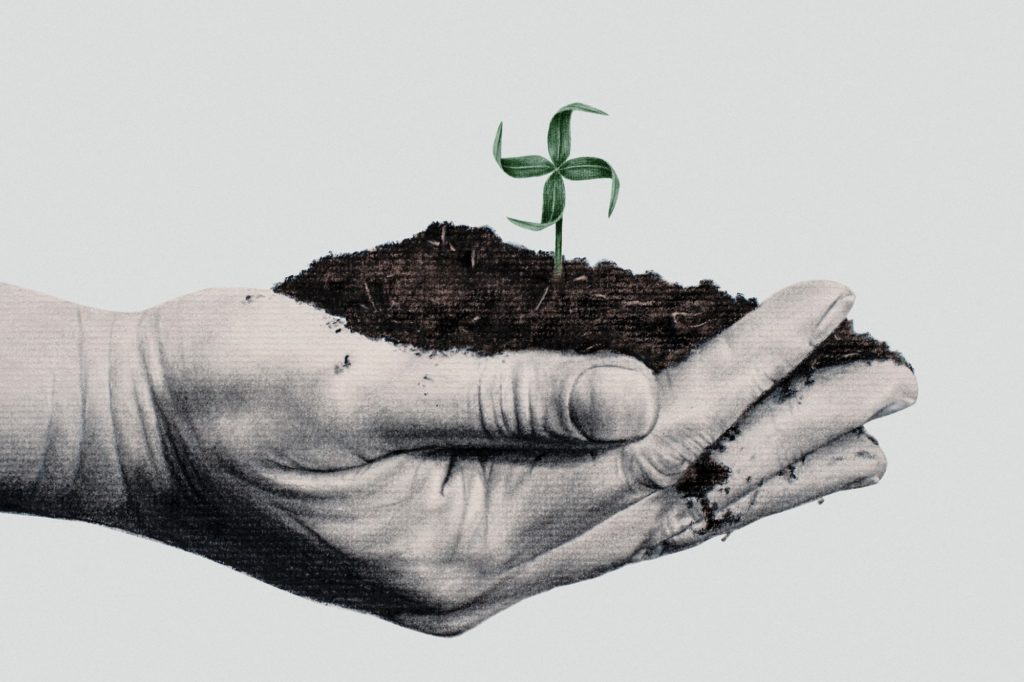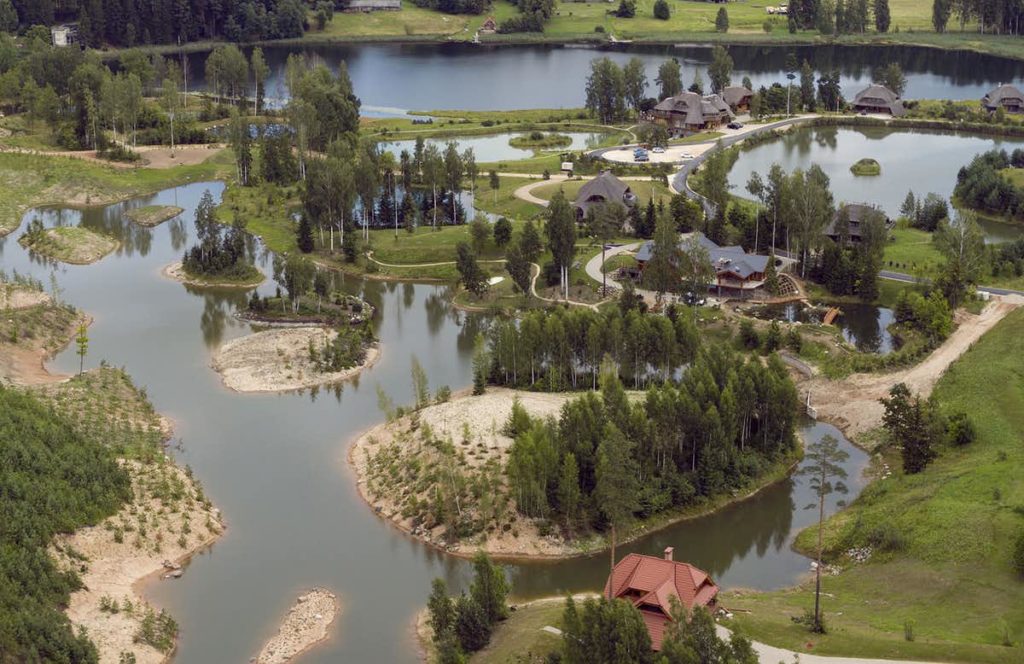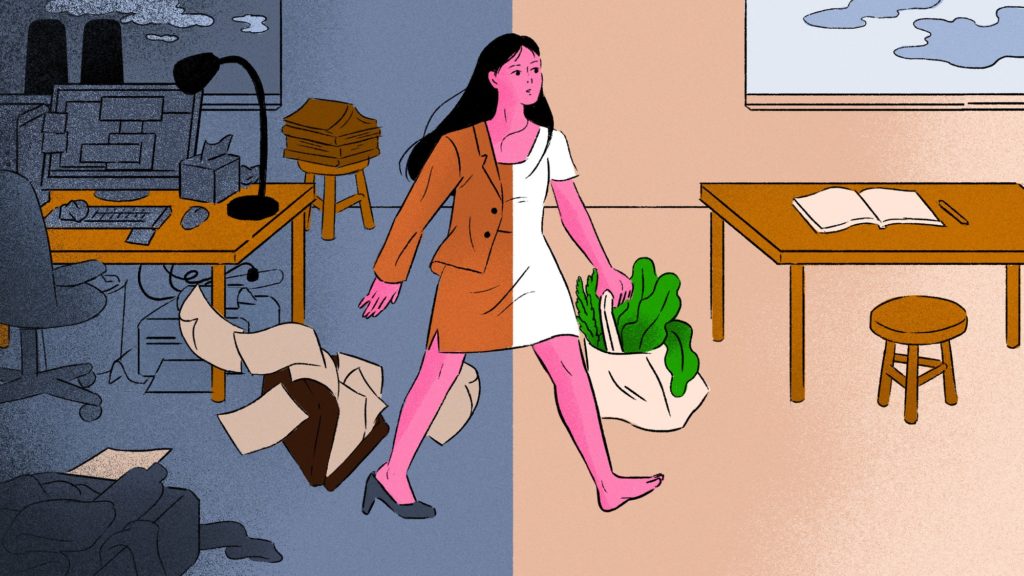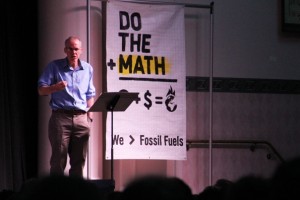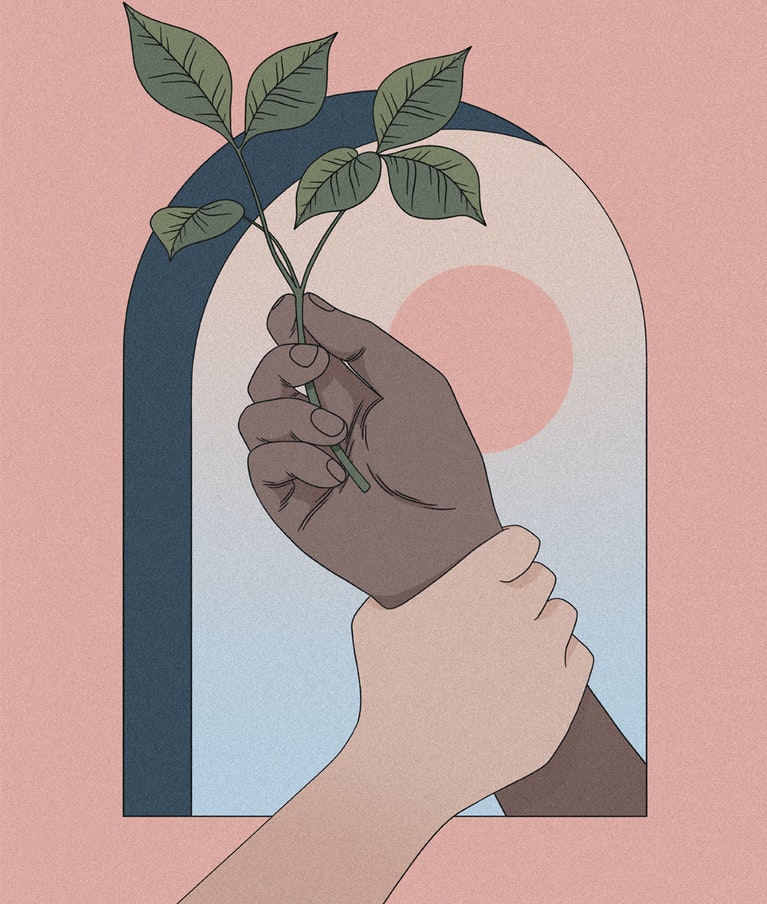
Once a month, we put together a list of stories we’ve been reading: news you might’ve missed or crucial conversations going on around the web. We focus on environmental justice, radical municipalism, new politics, political theory, and resources for action and education.
We try to include articles that have been published recently but will last, that are relatively light and inspiring, and are from corners of the web that don’t always get the light of day. This will also be a space to keep you up to date with news about what’s happening at Uneven Earth.
Our March reading list is ready for you to enjoy, be inspired by, learn from, and use in your teaching and activism! This month, we’re featuring a call by the late David Graeber for a better post-pandemic future, evidence that reducing inequality and solving our ecological crisis go hand in hand, and a beautiful multimedia piece on the ecological imagination of Hayao Miyazaki. We also collected quite a few articles rethinking and offering different insights or perspectives on science from various angles. And, as usual, you’ll find quite a bit of material on radical municipalism and cities, Indigenous struggles, food politics, and COVID-19.
A small note that the articles linked in this newsletter do not represent the views of Uneven Earth. When reading, please keep in mind that we don’t have capacity to do further research on the authors or publishers!
Uneven Earth updates
Slow violence | This harm is slow, ill-defined, and often perceptible only in retrospect, when its perpetrators are long gone, if they were ever physically present at all
Permaculture | A design system that offers a radical reimagination of the possible
Top 5 articles to read
After the pandemic, we can’t go back to sleep. In an essay penned shortly before his death, David Graeber argued that post-pandemic, we can’t slip back into a reality where the way our society is organized — to serve every whim of a small handful of rich people while debasing and degrading the vast majority of us — is seen as sensible or reasonable.
Why a more equal world would be easier to decarbonise
Urban fish ponds: Low-tech sewage treatment for towns and cities
The ecological imagination of Hayao Miyazaki
News you might’ve missed
Global heating pushes tropical regions towards limits of human livability
New study says Earth could see six-month summers
Record heat, dust, and locusts are plaguing Kuwait
Gridlock at sea and chaos ashore as pandemic snarls trade network
Oil firms knew decades ago fossil fuels posed grave health risks, files reveal
Mining magnets: Arctic island finds green power can be a curse
Why ‘rebound effects’ may cut energy savings in half
Elite minority of frequent flyers ’cause most of aviation’s climate damage’
France tested nuclear weapons in Africa. Now radioactive dust is drifting back into France.
Garment workers win historic victory in effort to transform fashion industry
Sweden rejects pioneering solar geoengineering test, under pressure from Indigenous people and environmental groups
Lula is back — and he can save Brazil from Bolsonaro
Where we’re at: analysis
Exposed: The network of polluters funding international climate policy
Extraction-driven devastation: an interview with Nnimmo Bassey
The victims of Agent Orange the U.S. has never acknowledged
Will the race for electric vehicles endanger the earth’s most sensitive ecosystem?
Is this the end of forests as we’ve known them?
De Beers: Destruction is forever
In Suez Canal, stuck ship is a warning about excessive globalization
Want not, waste not. To save the biosphere, Vaclav Smil argues we should curb upstream consumption — not just downstream emissions.
Why more people than ever are living alone – and what this means for the environment
COVID-19
From the Anthropocene to the Microbiocene. The novel coronavirus compels us to rethink the modern concept of the political.
Sea of resilience: how the Pacific fought against Covid
Vaccine nationalism is patently unjust
Just think about it…
Pablo Escobar’s hippos might be filling an ancient ecological niche
This TikTok star makes foraging a fun — and revolutionary — practice
Climate anxiety is an overwhelmingly White phenomenon
Bill Gates is the biggest private owner of farmland in the United States. Why?
Green investing ‘is definitely not going to work’, says ex-BlackRock executive
How economic behaviour drove witch hunts in pre-modern Germany
Bitcoin is a mouth hungry for fossil fuels
AI: Ghost workers demand to be seen and heard
What if…we banned the intensive farming of animals?
Science, epistemology, and (post-)colonialism
The long shadow of colonial science
How scientific taxonomy constructed the myth of race
Scientists need to face both facts and feelings when dealing with the climate crisis
Decolonizing the hunt for dinosaurs and other fossils
Half-Earth: A biodiversity ‘solution’ that solves nothing
The future of postcolonial thought
Rethinking the social sciences with Sam Moyo
Degrowth
Stimulus is an environmental disaster waiting to happen
We’re hurtling toward global suicide
New politics
Why the environmental justice movement should think locally
A nearly true story: The tale of the Hamlet
Queer and feminist militants are shaping Tunisia’s protests
Building alternative futures in the present: the case of Syria’s communes
(Green) fascism
When futurism led to fascism—and why it could happen again
Ideology and far right ecologism. An episode of the Right Rising podcast in which Balsa Lubarda discusses the history and connections between environmentalism and Far Right ideology.
Indigenous struggles
LandBack: The Indigenous liberation movement. A video explainer.
The Indigenous Kinggo’s struggle to defend Papua’s customary forest
Biodiversity highest on Indigenous-managed lands
Pollution and patriarchy in tribal India
Cities and radical municipalism
US city of Evanston to pay reparation to Black residents
The secret ingredient in Paris’ green public housing
Cycling is ten times more important than electric cars for reaching net-zero cities
All power to the neighborhoods: Greece rises against police barbarity
The coronavirus and a summer of mutual aid in Chicago
Food politics
Agroecology vs. climate chaos: Farmers leading the battle in Asia
After the flood, the forest. On planting bananas in the warming Gulf Coast.
Resistance against industrial oil palm plantations in West and Central Africa
Pigeon towers: A low-tech alternative to synthetic fertilizers
Resources
Zero Covid networks from around the world working for a solidarian politics of COVID-19 elimination
1M Experiments. A place to browse community-based safety projects for inspiration.
Global Oneness Project. A library of multimedia stories and curricula about cultural, environmental and social issues.
Exploring economics. An open access e-learning platform on pluralist economics.
A material transition. A report by War On Want that sets out a pathway for a globally just energy future.
A blog that deals with decolonising global health
Want to receive this as a newsletter in your inbox? Subscribe here.





